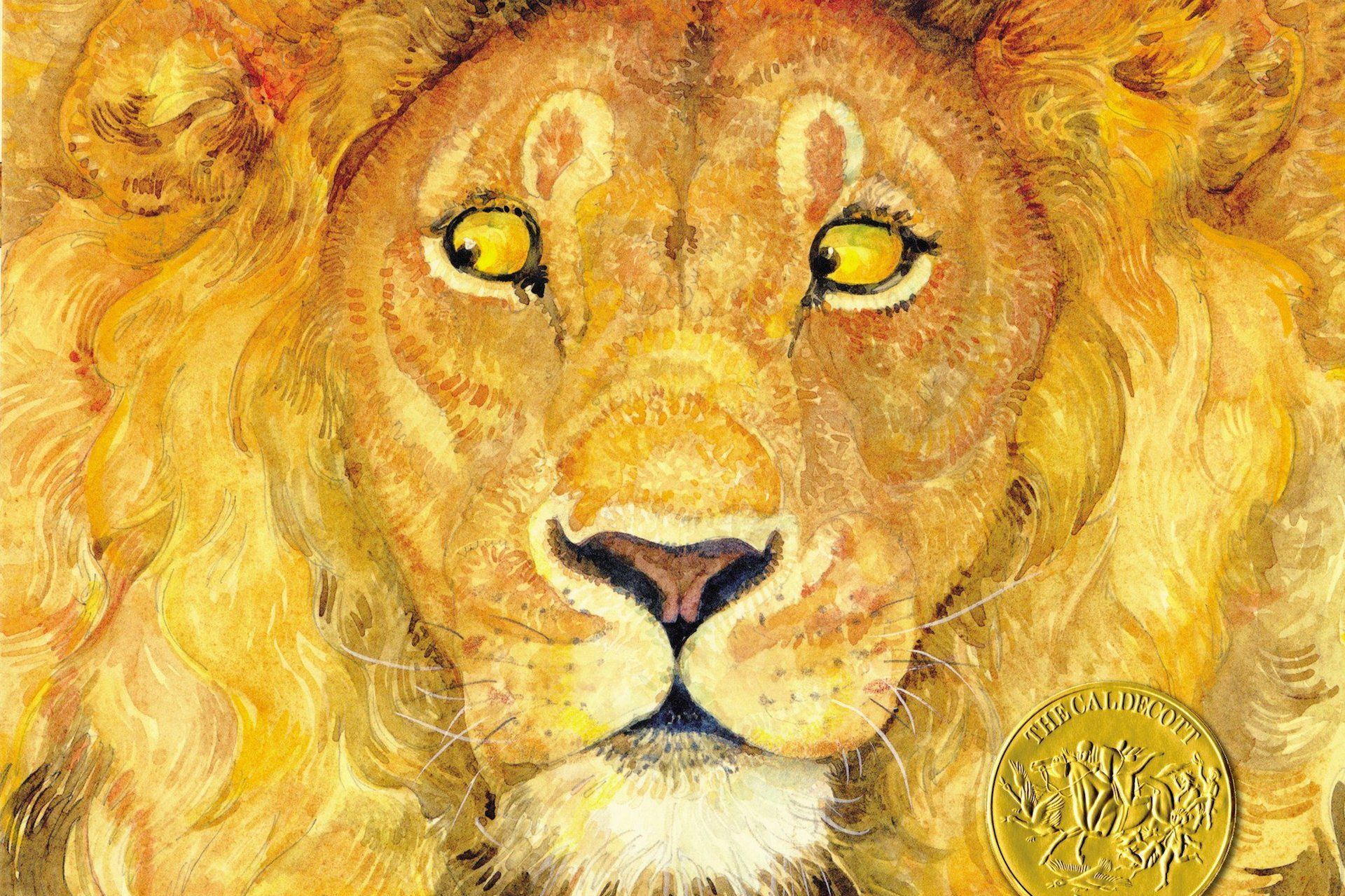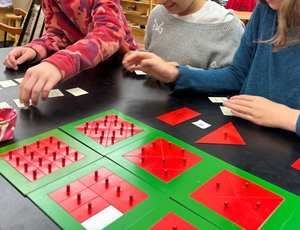Our Montessori Bookshelf: Wordless Picture Books Part 2

Because we love wordless picture books so much, we wanted to share a few more of our favorites. If you are exploring wordless picture books for the first time, or have been enjoying them for quite a while, we hope you enjoy this collection.
If you are looking for some new ways to “read” wordless picture books, we offer these tips:
- When you first look at the book, think about the experience as a picture walk. Notice and discuss the illustrations and details, especially how they tell a story of what is happening.
- The next time you explore the same book, take time to name what is happening on each page. This is a little bit like constructing the outline of the story.
- The third time you “read” the book, narrate the story as if you were reading text.
- After these experiences, invite your child to use their own words to tell the story of what they see.
These steps strengthen children’s ability to be storytellers. As they “read” wordless picture books, they build the skills for their own future story writing.
Just a quick reminder that the books we are sharing are grounded in the real world. There are some wonderful fantasy-based wordless picture books for older children, too. Our two-part collection is appropriate for any age!
By Chris Raschka
https://www.goodreads.com/en/book/show/9703979
This award-winning book shows a bit of life from a dog’s perspective. The story begins with Daisy, the dog, and her big red, beloved ball. When Daisy goes on a walk and another dog plays with (and bursts) the ball, Daisy tries to still use it but to no avail. The kindness of children shines through and Daisy gets a new ball (as well as a new friend).
By Daniel Miyares
https://www.goodreads.com/en/book/show/23309640
A simple origami boat leads a young boy on a neighborhood adventure. The story begins with a bit of rain and puddles of fun. But what happens when the boat drifts away and through the grate? The arc of the story, as well as the use of color in this book, bring a resounding sense of a young child’s struggle, the support that allows for resilience, and the joy of possibility.
By Jeff Newman and Larry Day
https://www.goodreads.com/en/book/show/38533007
This lovely story of loss and connection begins with a girl gazing sadly out her window and a little dog in the rain. The simple line drawings, with just the right splash of color, give us clues about the girl’s own lost dog as she brings this new pup into her care. We witness the two bonding only to discover that this dog is someone else’s lost pet. The story unfolds with the girl’s internal struggle (brilliantly illustrated), her decision to return the dog to its owner, and her discovery of another dog wanting to be found.
By Jerry Pinkney
https://www.goodreads.com/en/book/show/6534132
Based on Aesop’s fable of the same name, this richly illustrated book uses every space on the page to show the expansiveness of the African Serengeti and the power of relationship. The story begins when a mouse escapes an owl, only to find itself on the back of a lion. Given the gift of freedom, the mouse returns the favor when the lion gets caught in a trap. The illustrations are enhanced by the sounds in written form. The squeaks, growls, roars, and scratches remind us of the power of communication in all its forms!
By Jeannie Baker
https://www.goodreads.com/en/book/show/8036479
Inspired by her travels and the idea of seeing ourselves reflected in those who could be considered strangers, Baker has created two stories within one book: one set in southern Morocco and the other in her home of Sydney, Australia. Each story follows a family throughout their day, from waking up to meals to errands to time as a family. The lives of the boys in each story may look very different, yet Baker offers a delightful challenge to find what connects them.
By Daniel Miyares
https://www.goodreads.com/en/book/show/32333301
When a new boy moves in next door, a young girl’s curiosity gets the best of her especially after he uses planks from the fence to create a ladder up a tree. When she goes to investigate, she discovers not only a new friend but also the power of collaboration. As they create a treehouse together, even the leaves of the tree come to life with color and joy.
Click here for a downloadable PDF of this booklist! We hope you and your children enjoy these books as much as we do!






